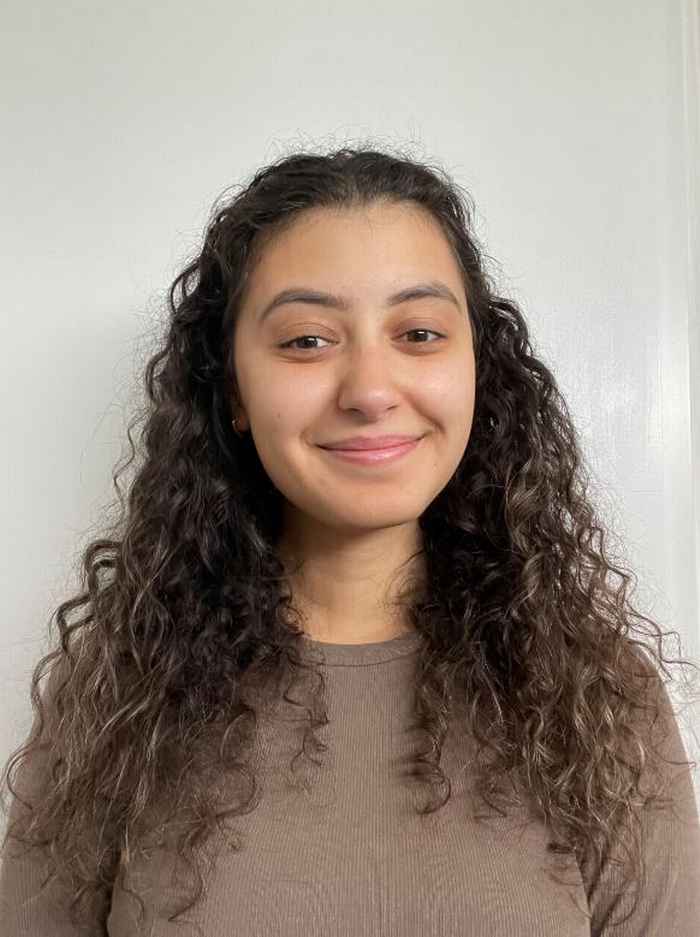Nova Jansen (BSc: Medical Natural Sciences)

This presentation rounded up with a list of Master's that you could do after, of which one was the Master Forensic Science. I immediately knew that this was the one for me. The main reasons why I wanted to study this particular Master's were that I was looking for a field where various disciplines come together, my knowledge has a direct impact and which allowed me to give back to society.
I started the Master's in 2021. During the admission interview, it already became clear that the forensic field is full of statistics and how important it is to thoroughly understand it. This was clearly reflected throughout the whole Master, but it was definitely not bad: statistics became much more fun when put into a forensic context! One of the best things is that you are part of a group of around only 30 students, which allows you to get to know your colleagues better and learn from them.
The elective course Observer Based Techniques (OBT) in the 2nd year was one of my favourites. In this area of forensics, a lot of techniques are based on the assessment of the observer rather than an objective measurement. During OBT, I felt encouraged to think critically about these techniques while deepening my knowledge of them. A typical week during this course consisted of two lectures, reading papers for the following lecture, and attending fun practicals, whilst also working on a group project about a shooting incident reconstruction (super exciting!).
I have just finished my research project at the Netherlands Forensic Institute (NFI) at the team of Firearms and Toolmarks. I investigated the influence of muzzle-to-target distance on bullet deflection, which I greatly enjoyed. Besides my own project, I visited several divisions at the NFI, presented at the NFI Science Fair, and got to network with a lot of people outside of my own team. While I already graduated, I am still working on my thesis, as we are planning to publish this and present the results at the ENFSI Firearms and GSR EWG Annual Meeting in Brussels!
After my holidays, I will be starting as a Consultant Ammunition Safety at TNO to gain more experience on firearms and ammunition. Nonetheless, as I enjoyed my internship at the NFI very much, I would definitely like to return to the forensic field in the future as an employee at the NFI or a forensic advisor in the courtroom.